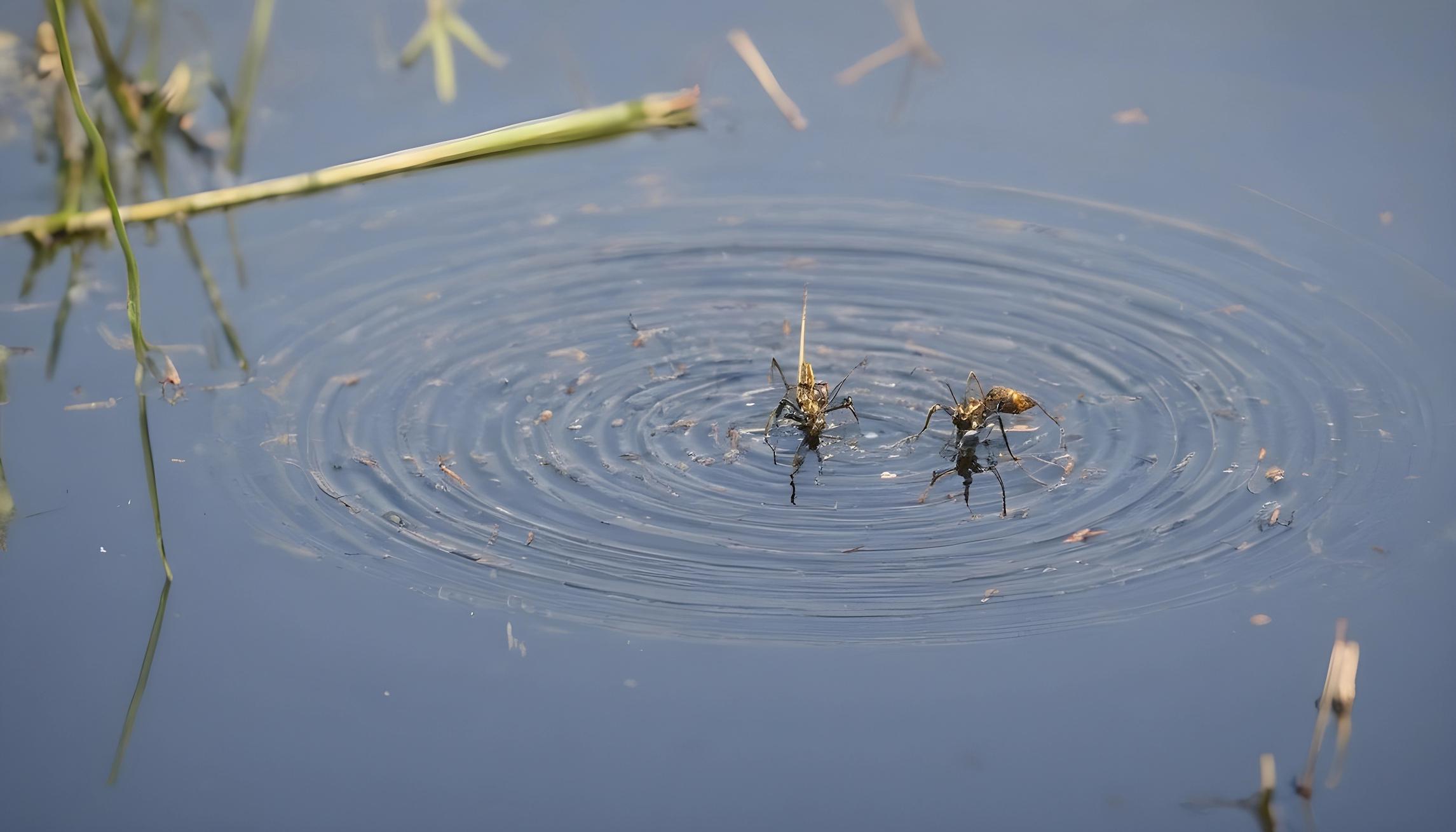Why Mosquitoes Love Warm Weather – And How To Stay Ahead Of Them
Posted by Mosquito Squad
January 21, 2025

Author: Emma Grace Crumbley, Entomologist
Is anyone else ready for it to warm up again? Whenever I think of "winter," I always forget the coldest days take place after the holiday season. Late January through February has traditionally been the coldest times of the year throughout the United States, and this year is no exception. Below-average temperatures are being reported from the Midwest across to the Eastern Coast, with snowfall, ice, and harsh Arctic air headlining weather forecasts. You know who else is ready for it to warm up… MOSQUITOES!
When Is Mosquito Season?
Mosquitoes thrive the most in warm weather. This has a lot to do with mosquitoes being cold-blooded and their need to conserve energy in the winter. Mammals, like humans and other warm-blooded animals, have defenses they can use when the weather is cold. We can shiver to produce body heat. We can store fat layers to keep us warmer and keep an energy reserve during colder months. We can even vasoconstrict to shrink our blood vessels, so we don't lose as much heat exchange through the skin barrier. Cold-blooded animals don't have this many options when it comes to surviving the winter. Their choices are to find an area to harbor and wait out the winter or migrate somewhere warmer.
Since mosquitoes don’t migrate, they choose to wait out the winter by diapausing, a process where they slow their metabolisms and enter a state of dormancy, similar to hibernation. Diapause can occur at any life stage for mosquitoes, so even adults can attempt to wait out the winter.
There are other reasons why mosquitoes prefer warmer climates. Other animals are more active in warm weather, meaning mosquitoes have more hosts to feed on. Flowers also bloom in warmer climates, a vital food source for male mosquitoes. Flying and making eggs also require a lot of energy, so receiving heat from the sun and converting that into mechanical energy may be easier in higher temperatures than in lower ones.
Regardless of the reason, mosquitoes make it very clear that late spring, summer, and even early fall are their favorite times of the year. Mosquitoes are most active when temperatures are 80°F (20°C) and least active when temperatures are 50°F (10°C) or below.
What Else Do Mosquitoes Need To Thrive?
In addition to warm temperatures, mosquitoes require moist and standing water to survive and reproduce. Mosquitoes require moisture in the air and on the ground. In environments that lack water in the air (think dry, arid regions like deserts or well-circulated buildings with moisture control), mosquitoes are susceptible to drying out and dying from, essentially, dehydration. Mosquitoes are also semi-aquatic insects, and the first half of their lifecycle through egg, larva, and pupa takes place entirely underwater. Without a standing body of water present, adult mosquitoes cannot lay their eggs and continue to reproduce.
Prevent Those Pesky Skeeters
While yes, we technically have a few months more of cold weather, you shouldn’t wait for a mosquito problem to start before implementing some mosquito management practices. The best way to prevent mosquitoes from taking over your yard is to be proactive with your pest control.
Take this time in the “off-season” to follow the 7Ts of Mosquito Management:
- Tip: Tip over items in your yard that are holding standing water. Standing water may be in your child’s plastic toys, areas underneath downspouts, plant saucers, or dog bowls.
- Toss: To remove mosquito harborage sites, toss out excess grass, leaves, firewood, and grass clippings from your yard.
- Turn: Turn over larger yard items that could hold water, like children's portable sandboxes, plastic toys, or birdbaths.
- Tarps: If tarps stretched over firewood piles, boats, or sports equipment aren't taut, they may be holding water that you should remove.
- Take Care: Take care of home maintenance needs that can lead to standing water. This includes cleaning out gutters, making sure downspouts are adequately attached, keeping your grass cut low, and checking irrigation systems for leaks.
- Team Up: Despite taking all precautions around your own home, talking to neighbors is a crucial component of mosquito and tick control. Homes with little space between lots can mean that mosquitoes breed at a neighbor's house and affect your property.
- Treat: Contact your local Mosquito Squad location to schedule your mosquito and pest control services.
Call The Squad!
Even when the weather is unpredictable, rest assured Mosquito Squad has your back. Our barrier treatment and natural mosquito control treatment help protect your yard from mosquitoes, regardless of the season. Call the Pros at Mosquito Squad today for a free quote.
